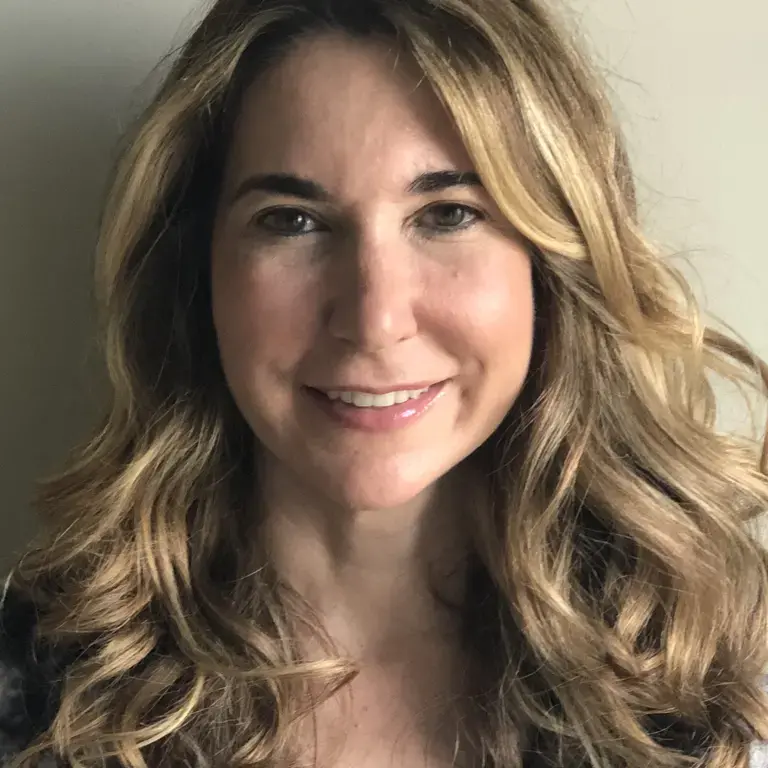Upon graduating from Columbia’s Nonprofit Master’s program, I knew I was ready for a fresh and exciting challenge. Additionally, from being the Chair of the National Domestic Violence Hotline and serving on boards such as The Lawrenceville School and The Watershed Institute, I was very familiar with the frustration of selecting consultants who could not actually provide nonprofits their promised deliverables with actionable recommendations that truly help achieve an organization’s vision. There originated the concept of creating my own women-led consulting firm built on my Columbia academic grounding, my personal network of School of Professional Studies alumnae, and my experience in the nonprofit sector.
Although I had spent twenty-five years contributing and learning in the nonprofit sector, I realized that in order to reach the next level of effectiveness in the field I needed a rigorous and state-of-the-art academic foundation. A determination to learn from recognized thought leaders inspired me to apply to the Columbia program and I was not disappointed. It began with Professor Cindy Lott’s enthusiastic presentation on the program, which motivated me to take the leap and return to school for the rich curriculum she described. She also invited me to a networking event as a prospective student where I enjoyed the opportunity to listen to and meet a leading professional in the field, Dr. Una Osili, from the Lilly Family School of Philanthropy. This was the first of many such introductions throughout my time at Columbia. During the Master’s program itself, I was able to deepen my knowledge of industry best practices and learn innovative approaches to philanthropy, while interacting with a diverse group of engaged and enthusiastic peers.
From all these elements, Almora Advisors was born—a consultancy inspired to help clients by rigorously pursuing Columbia’s nonprofit mantra, “Be Better at Doing Good.” I approached my classmates to join me. Mamali Mohapatra came on board as a founding partner and chief operating officer, Hannah Williams as the director of strategy and evaluation, and Megan Wilson as a strategic consultant. Nonprofit organizations are facing a complex set of disruptive forces environmentally, politically and operationally, which must be met by data driven results and metrics. Almora strives to be highly flexible, tailoring our approach to each client’s specific needs and context, particularly for small to mid-size nonprofits that previously struggled to find consultants who were interested in serving them. In our consulting work to date, we have been able to make real change happen in education, challenges to women, climate change, and meeting broader environmental disruption.
The firm’s unique approach involves collaborating with a client to set strategic direction in light of its mission, design a comprehensive action plan to realize the strategy, and create a comprehensive implementation plan and monitoring system to clearly identify who does what by when. Almora’s driving philosophy is: Strategize. Design. Act. To reach this goal, the firm focuses on fostering exceptional organizational governance to enable flexibility in dealing dynamically with crises and opportunities. Experiencing a disaster simulation in Dr. Gregory Witkowski’s class on disaster philanthropy gave me a greater understanding of the importance of crisis management in any organization; resiliency during the COVID-19 challenge is but one example.
Far too often, I have seen organizations struggle due to the lack of a collaborative CEO and Board Chair relationship."
Moreover, far too often, I have seen organizations struggle due to the lack of a collaborative CEO and Board Chair relationship. Thus, at Almora, we run through scenarios coaching the Chair and the C-Suite to utilize the tools to strengthen this critical link. Similarly, during Dr. Christopher Cardona’s class focused on diversity, equity and Inclusion, I began to develop a comprehensive approach on how to tackle this complex topic. Through DEI 360, we look at the whole organization using a rigorous culture audit, and then design a detailed playbook specific to each organization’s needs. We meet organizations where they are; and don’t arrive imposing what we think it should want to do. Instead, we listen carefully, and from an extensive inquiry process develop recommendations that actually fit that organization’s needs.
The foundation for such approaches created by Almora has often come from best industry practices learned from our extraordinary professors at Columbia. As a further example, the Innovative Philanthropy class taught by Richard Feiner introduced us to the unchartered field of impact investing where a new group of Gen Z and Millennial philanthropists and entrepreneurs are highly motivated by a sense of social responsibility and a desire for environmental impact. Almora is helping both corporate and nonprofit clients adapt to thinking beyond traditional, unimpactful fundraising efforts and adopting dynamic practices that are already showing tangible results. Overall, we aim to be a partner to help organizations be the best they can be for the greater social good.
Two years ago, I began a new chapter in my professional and personal growth at the School of Professional Studies that underlies the thrilling experience of founding Almora Advisors. Together with a group of dynamic and committed alumnae women, we are making a difference. We are living “Be Better at Doing Good.
The views expressed are those of the author and do not necessarily represent the views of any other person or entity.
